Nearly 50 years have passed, but for journalist Massimo Loche, a former war correspondent in Vietnam in the 1970s, who worked for newspapers such as l'Unità, Rinascita, l'Espresso and is former Deputy Director of the news channel Rainews24, the memory of the historic moment of Vietnam's victory on April 30, 1975 is still intact.
He shared with VNA reporters about the best experiences of his life, both professionally and personally, during his time in Vietnam.
Recalling his emotions when he heard the news of victory on April 30, 1975, journalist Loche still clearly remembers that at around 11am, he heard the sound of firecrackers exploding outside the window of his "office" in Hanoi , in the Thong Nhat Hotel, now the Sofitel Legend Metropole Hanoi.
The sound of artillery fire was coming from the Ministry of the Interior building and he knew that the “explosion” (literally and figuratively) of joy could only mean one thing: Saigon had been liberated and Vietnam was unified. This did not surprise Loche at the time because the day before, the news agencies had reported the escape of the last Americans in Saigon, along with many associates and figures of the Republic of Vietnam regime, in helicopters flying from the roof of the US embassy to the aircraft carriers offshore.
Furthermore, since the extremely fierce battle at Xuan Loc ended with the victory of the liberation army, it was almost certain that Saigon would be liberated and with it the entire South. Tanks of the 203rd Armored Brigade crashed through the gate of the Independence Palace at noon on April 30, 1975.
The revolutionary flag flew on top of the Independence Palace, signaling the complete collapse of the Republic of Vietnam regime, liberating the South, unifying the country, and ending the war.
Journalist Loche and his wife went out and celebrated with the people of the capital Hanoi, where they sang a new song, just composed, “ As if Uncle Ho were here on the great victory day ” with a joyful, cheerful melody, repeating the refrain “Vietnam- Ho Chi Minh ”…
He recalls feeling closer to the Vietnamese people than ever because he had participated fully in that victory, and partly because he had trusted the Vietnamese people, who, though geographically distant, were emotionally close to the Italian people. By coincidence, nine months later, the journalist's first son was born in Hanoi and he decided to give him the Vietnamese name Thang, the winner.
Regarding the April 30 victory of the Vietnamese people, journalist Loche affirmed that this was a worthy victory for the Vietnamese people. After many hardships, pains and losses, the Vietnamese people have realized what seemed like a dream. He assessed that the Vietnamese people were very serious, persistent and intelligent in politics and in the resistance war to save the country.
Journalist Loche recalled that he arrived in Vietnam on Christmas Day 1972, when the 12-day bombing ceasefire in late December allowed his plane to land at Gia Lam airport. He witnessed the terrible destruction of B-52s, the resistance of Vietnamese soldiers and civilians, and the US violation of the Paris Agreement.
The journalist traveled through bomb-hit provinces and regions, including the liberated Quang Tri region, visiting agricultural cooperatives, factories, schools and hospitals. In short, he experienced firsthand the will of the Vietnamese people to gain independence and freedom.
From the Agreement on Ending the War and Restoring Peace in Vietnam (Paris Agreement) signed on January 27, 1973, but it was not until April 30, 1975 that Vietnam unified the country, journalist Loche drew a valuable lesson, that a true peace must also go hand in hand with justice, and must respect the independence and freedom of nations.
Regarding his memories of his time working in Vietnam, journalist Loche recalled that during his four years in Vietnam, he saw the strong relationship between the two countries. At that time, in Italy, the solidarity movement for the Vietnamese people and for peace was very strong. This was a movement that attracted the participation of all classes of people and many political parties, movements, unions and cooperatives.
According to him, there was a very important factor that fostered the Vietnam-Italy relationship, which was the very strong friendship between the Vietnamese communists and the Italian communists, who shared a fundamental concept: internationalism must be based on the independence of different communist parties and solidarity. It was not only the solidarity created by speeches and marches, or clashes with the police when demonstrating in front of the US Embassy or shocking gestures such as when pigeons were thrown from the gallery of the Teatro dell'Opera in Rome when US President Richard Nixon entered the auditorium during his official visit to Italy.
Italy’s solidarity movement with Vietnam, especially after 1973, was clearly demonstrated through fundraising activities to support Vietnam, attracting the participation of thousands of Italians. Many Italian delegations came to Hanoi to express solidarity with Vietnam, from party delegations, to delegations from regions such as Emilia-Romagna, or scientists or even individual artists such as painter Bruno Caruso.
Journalist Loche recalled the event when the ship “Australe” docked at Hai Phong port in January 1974 with thousands of tons of goods that the solidarity movement in Italy had donated to help and send to the Vietnamese people. It was a great idea of Captain Luciano Sossai, head of the branch of the Italy-Vietnam Association in the port of Genoa, who, throughout the long journey from Genoa port to Hai Phong, continued to show solidarity with Vietnam at every port the ship stopped at.
Journalist Loche, a lover of Vietnam, assessed that the relationship between Italy and Vietnam still bears the positive imprint of those old days and continues to develop strongly in the new era./.
(Vietnam News Agency/Vietnam+)
Source: https://www.vietnamplus.vn/50-nam-thong-nhat-dat-nuoc-nhung-trai-nghiem-dep-cua-nha-bao-italy-tai-viet-nam-post1035565.vnp


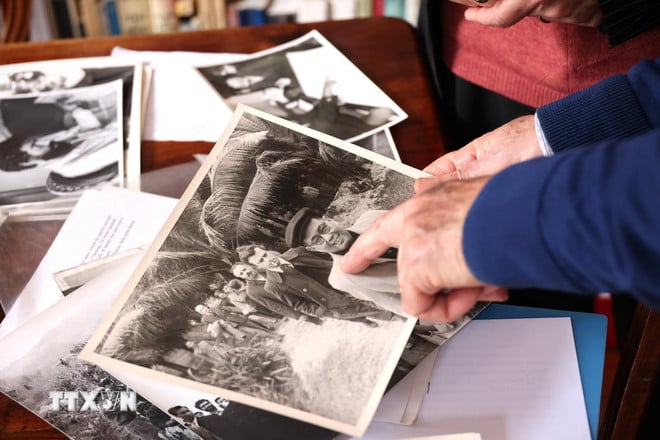
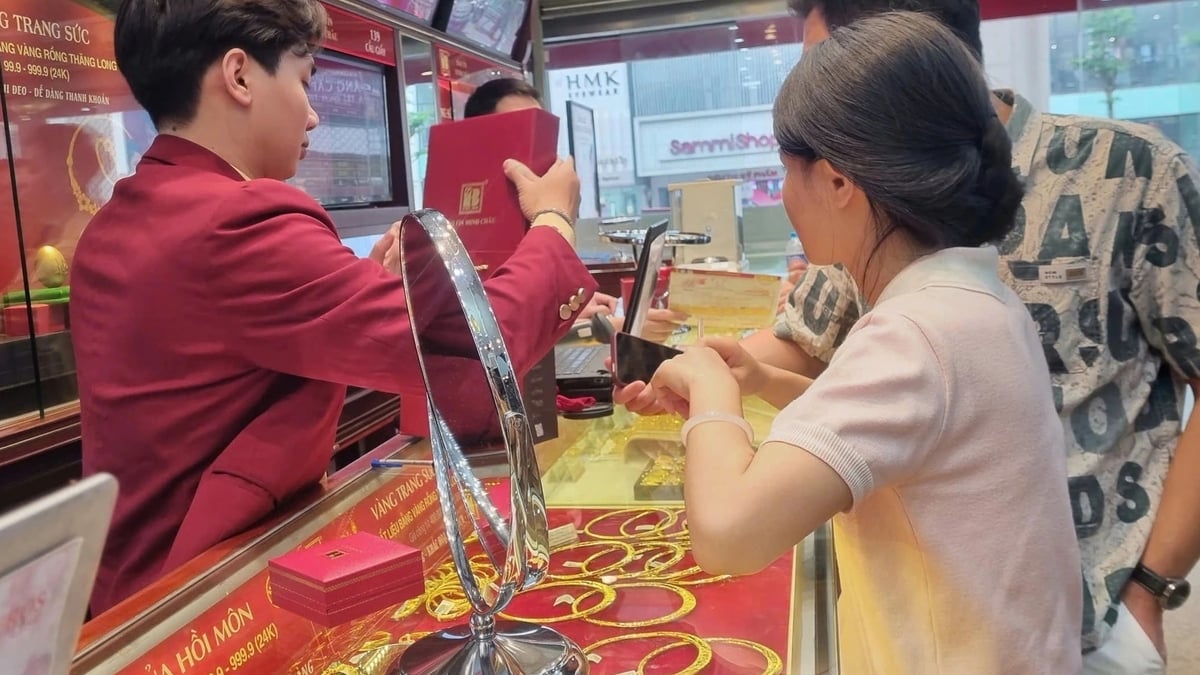

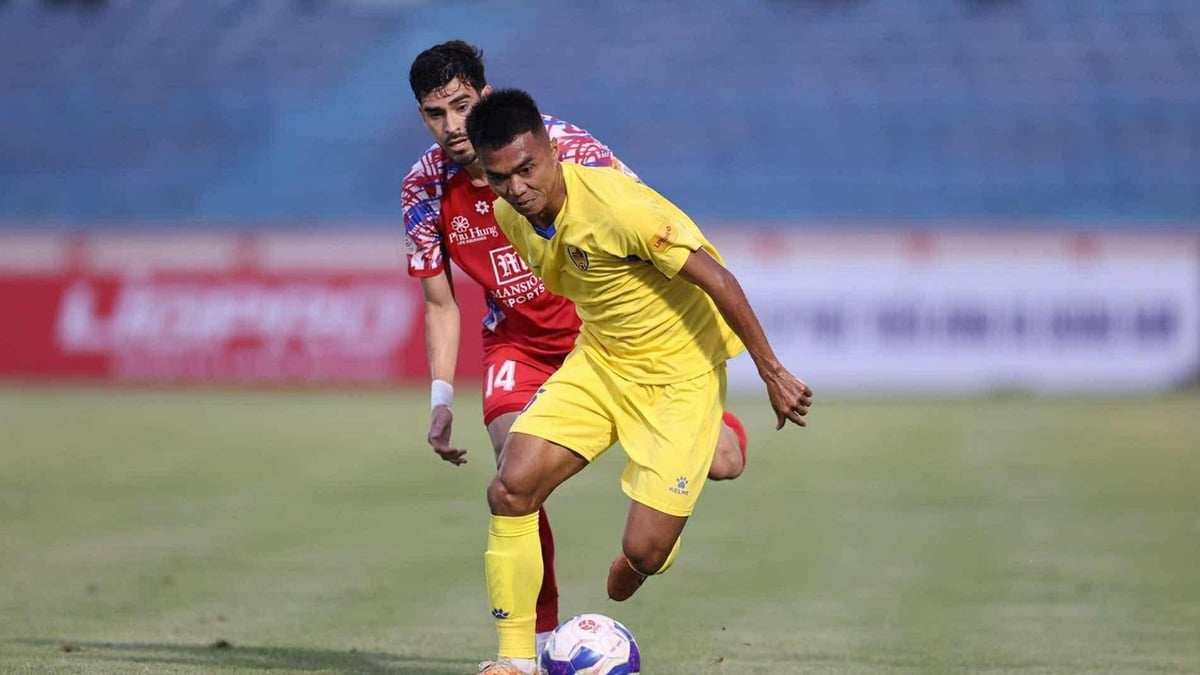


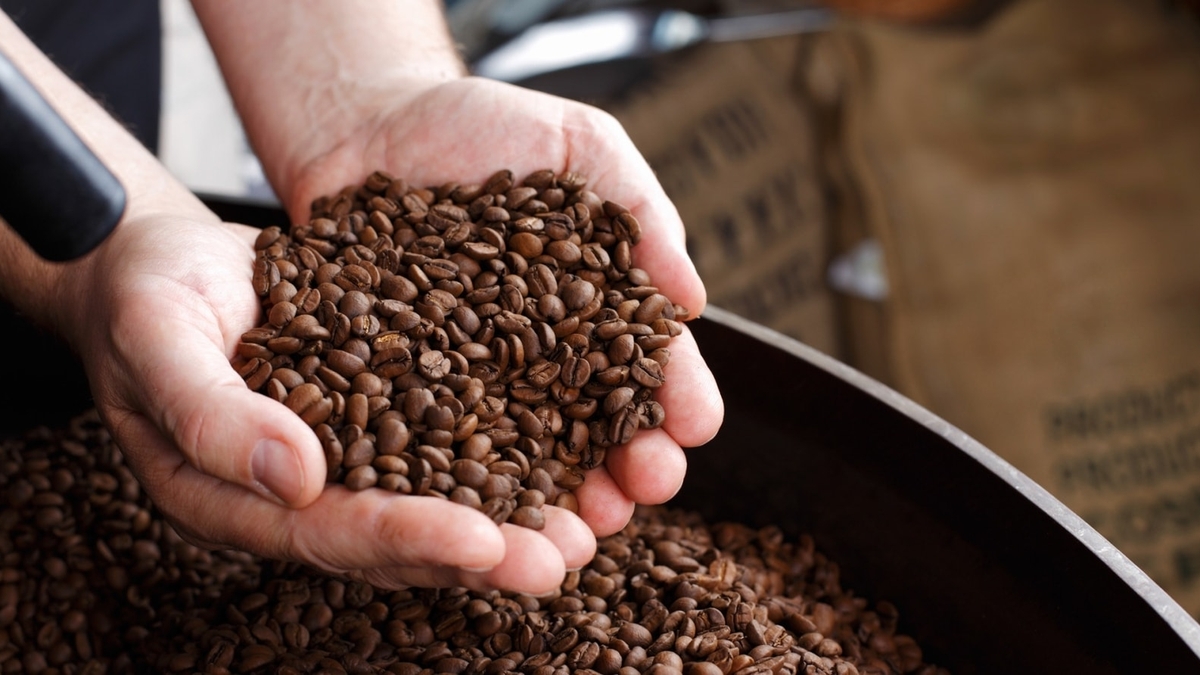

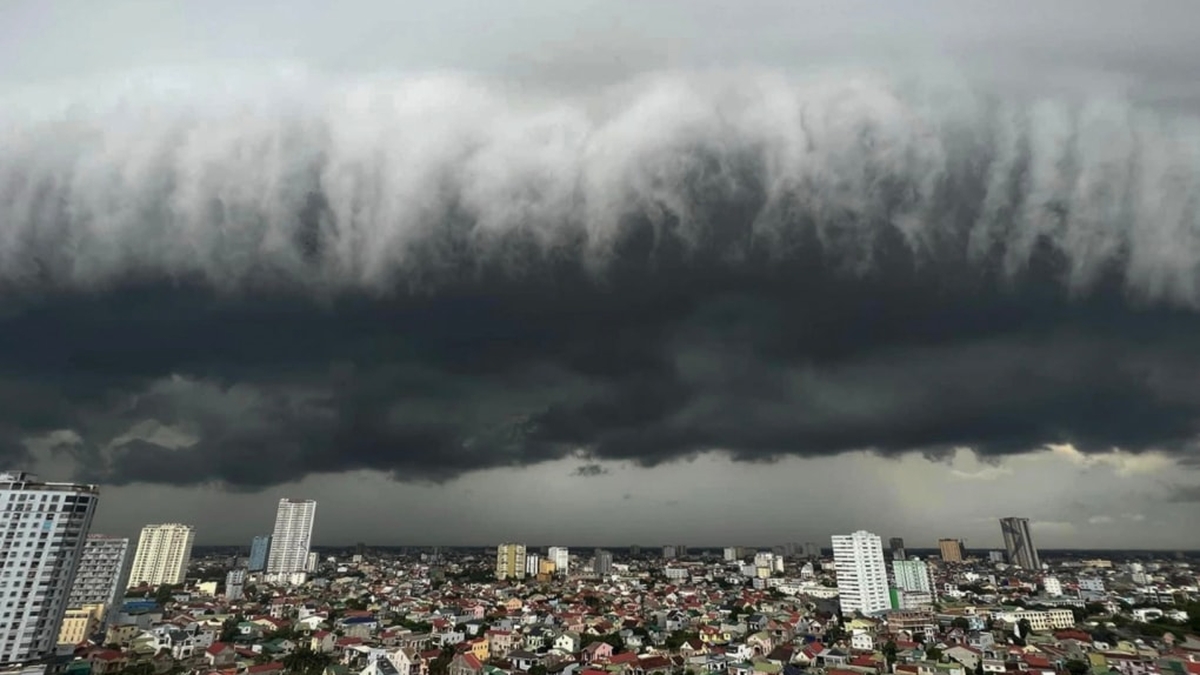
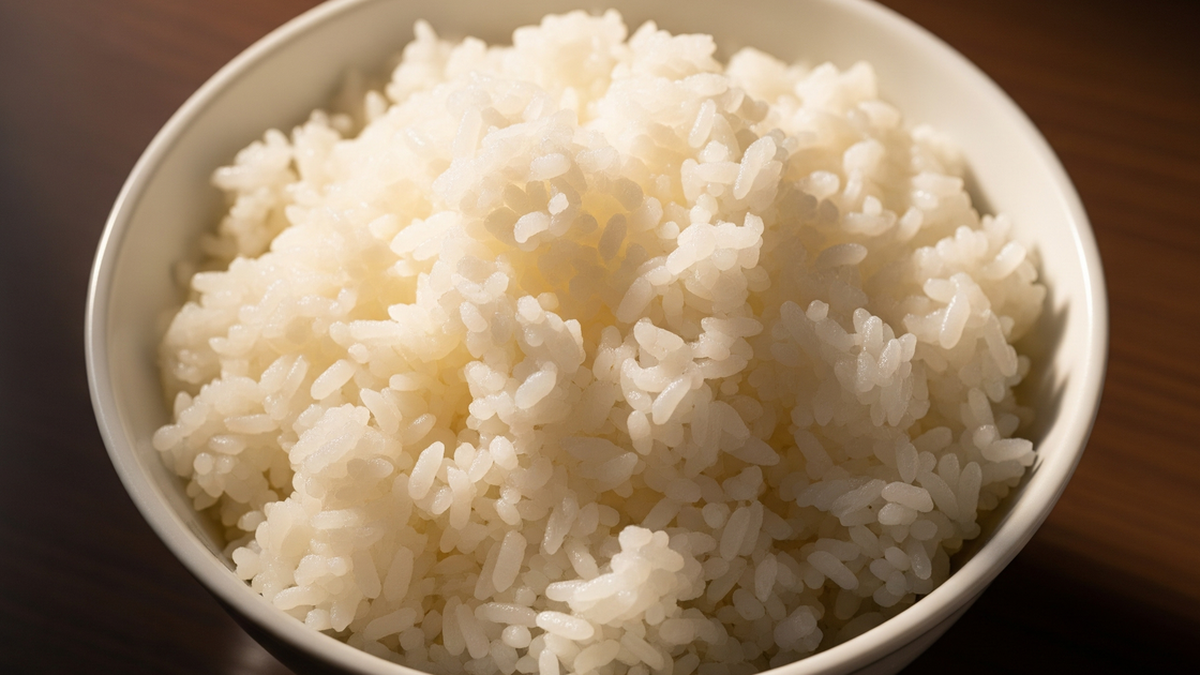



















































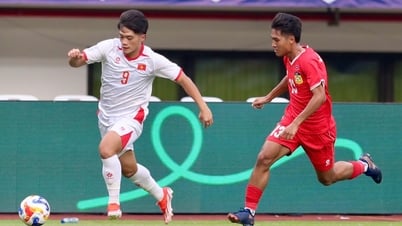
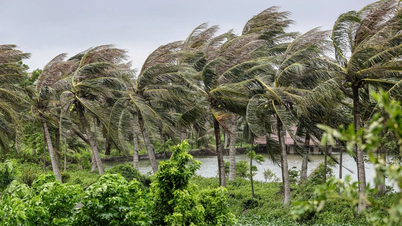
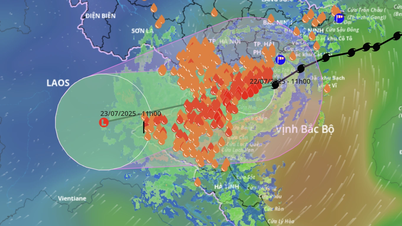
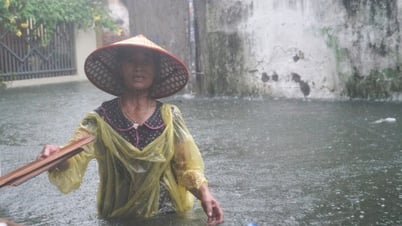
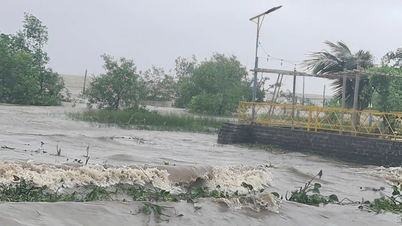
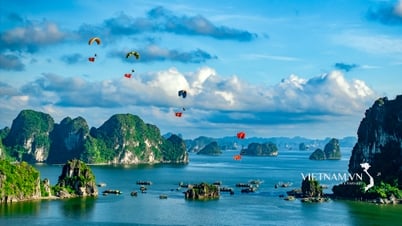


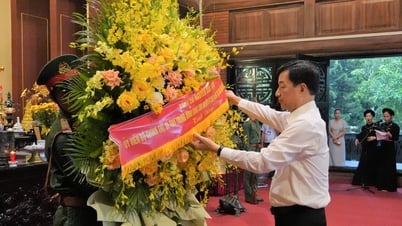

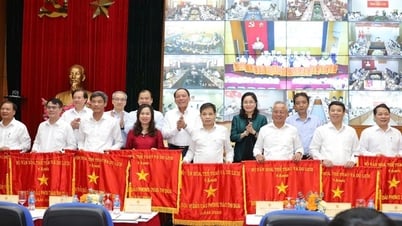

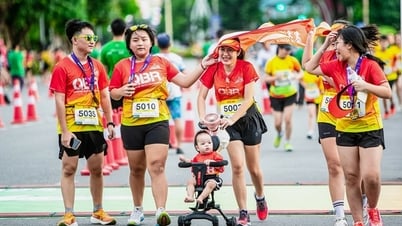
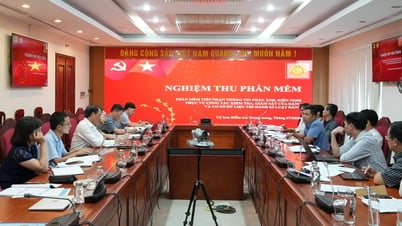
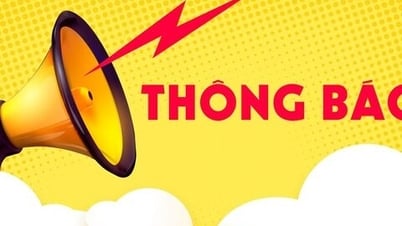

























Comment (0)